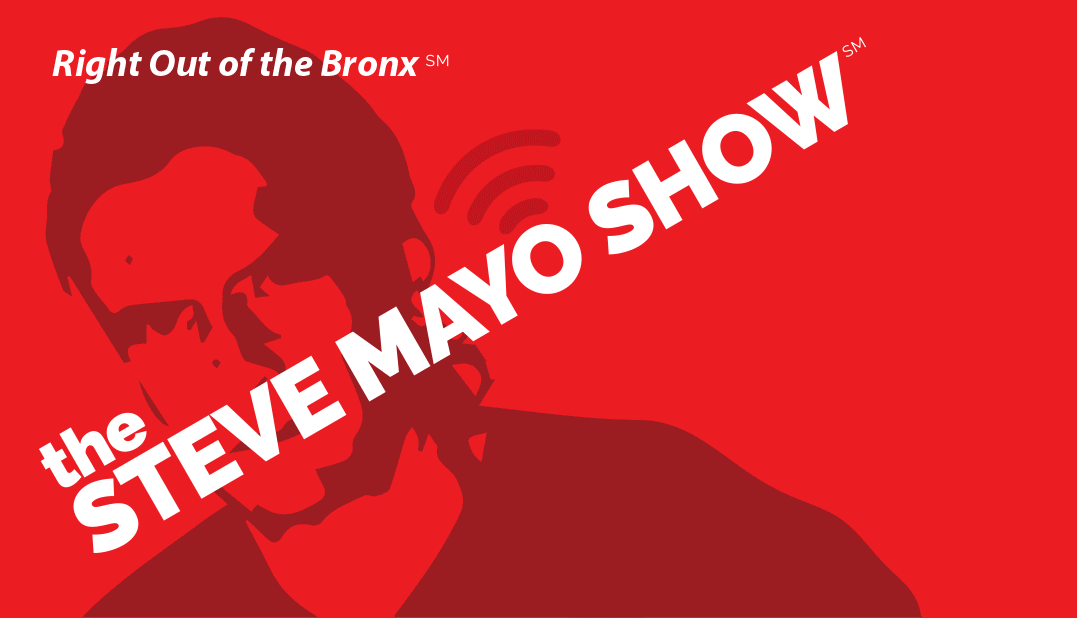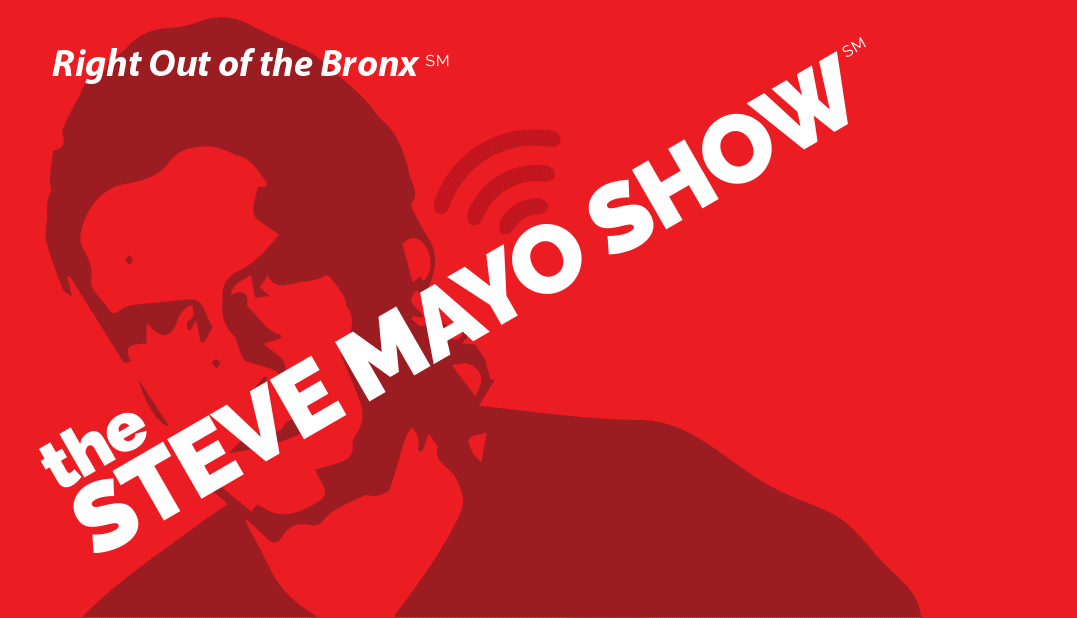The meteoric rise of remote work has changed not only the economic landscape, but how people live their lives everyday. In 2023, about 12.7% of full time employees worked full-time from home, while over 25% worked a hybrid model; splitting time between the office and their home, cafe, co-working space, or wherever they choose to spend time on their laptop. This model certainly has its pros and cons. Undoubtedly, the flexibility that remote work has provided is attractive to employees, who can spend fewer days worrying about waking up early, the traffic on their commute, or listening to their colleagues who can’t shut up about the Kardashians. Ideally, this freed up time can be spent with family, friends, or for personal reasons. Some remote workers have taken to traveling and vacationing while still on the job. If all you need is a laptop and a WiFi connection, there are plenty of places that you can work from. However, this has also led to plenty of issues; loneliness chief among them. Most people need a routine to get into, a place to go to work and collaborate effectively, a need to get out of bed and go somewhere and talk to people in person. But there’s another issue that has gone under the radar that has been creeping into our lives. Between remote work, and the rise of online news and social media addiction, it may feel like you are never truly free from your laptop or phone. For most of human history, if you have a job at an office, a factory, or a farm, or wherever else, you are at work when you are on the premises of your workplace. When you get home from your shift, you are a free man (or woman, or whatever gender.) Unfortunately, there have been plenty of people whom this has not applied to; traditionally, we called them slaves. I am not trying to draw a direct comparison between slavery and remote work, as the latter is obviously freer and vastly preferable. But when you are an employee who can theoretically work anywhere at any time, you are never really not at work. Even if you think you are done work for the day, you frequently have to check your email to ensure your boss hasn’t sent you a new assignment. You can be notified with an urgent message on your company’s MS Teams group chat at any time. Even if you are lying on the beach on vacation, you have no excuse to miss your weekly Zoom meeting that goes over the updates for the week. You exist in a state that reminds me of this description of insomnia in the famous movie, “Fight Club,” except applied to work as opposed to sleep.
“When you have insomnia, you’re never fully asleep, and you’re never fully awake. You’re caught in an in between state all the time.” — Fight Club
The need to be at the attention of your employer might seem like a first world problem, something that is a reasonable tradeoff for the flexibility remote work provides. But employers control over their employees; enabled by technology, is far from limited to the actual work that you have to do for them. Even people’s actions outside of the workplace, or work related duties are increasingly becoming of note to your employer. Your social media pages, political statements, or anything in the public view are subject for random people to complain to your bosses about in an attempt to get you fired. Your personal views and opinions are often supposed to be “representations of the company,” and if you take stances contrary to your employer, you can be punished or silenced, even if said stances have nothing to do with your job or your company’s line of work. If you are having a bad day, trouble in your personal life, or you make cringey TikTok’s that any one person somewhere finds offensive, (like this guy) your employer can take action. If you fall in love with a co-worker, an HR representative acting on behalf of your company may be there to stop you. The most powerful robber barons of the 19th century would be jealous at the ability of 21st century bosses to monitor their employees.
Thankfully, people are taking of notice of this creeping lessening of the distinction between being a worker and a private individual in a free society. Last week, Australia became the latest country to pass a “Right to Disconnect” law. This law gives the employees the legal right to ignore “unreasonable” texts, emails, and calls from your bosses or supervisors outside of working hours. While limited in scope, (banning any such calls would obviously create issues and limit flexibility) this law also highlights an issue that is relevant in terms of employees pay, as if you are getting paid for eight hours of work in a day, not having respond to messages outside of those hours ensures you are being fairly compensated for your time. Australia is not the first country to pass such a law, as France, Spain, Portugal, Columbia, and Ontario have similar laws in place. Even if they are not always easy to enforce, they can incentivize bosses to designate defined working hours for their remote workers and hybrid employees, and not send so many emails and messages outside of said hours. Some US States, such as New York, have laws protecting against political discrimination, as long as said political advocacy is done outside of work, and is not done on behalf of the company. The NLRB (National Labor Relations Board) has been more active in enforcing laws making sure employees can legally complain about their working hours, and talk about forming labor unions without being fired.
There is much work to be done, but people are increasingly aware of the challenges that technological developments, despite their benefits, have had on people’s privacy and individual freedom. This includes freedom from governments as well as employers. Remote work in some form isn’t going anywhere, and there are benefits to it, but we need to be aware of its downsides, and make sure that allowing remote work isn’t used as a tool to gain more control over our time as human beings. In a free society, it is essential that we have the right to disconnect.
https://www.shrm.org/topics-tools/employment-law-compliance/australia-right-to-disconnect:~:text=Australia’s Senate has passed so,Anthony Albanese supports the measure.








